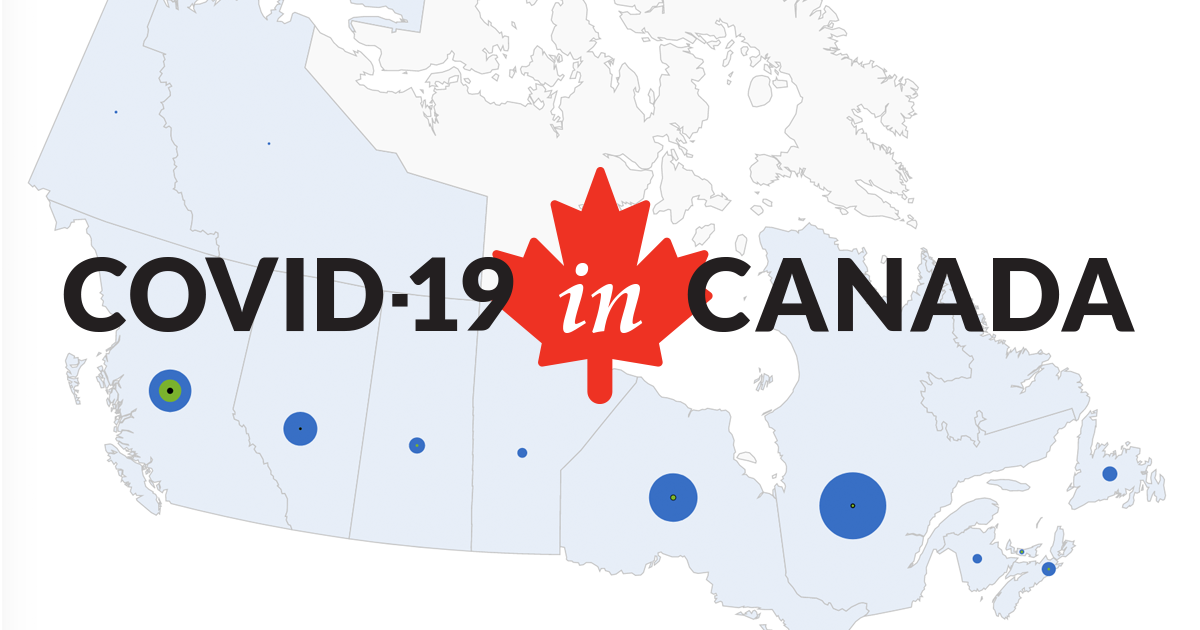| Most Canadians are still exceedingly cautious when it comes to the COVID-19 pandemic — in favour of mandatory mask laws, concerned about their personal susceptibility to the virus, willing to lock the country down again if cases spike and leaning toward a mix of in-class and at-home learning for children in the fall. This might come as a surprise to many, especially amid falling numbers of new cases in Canada and loosening restrictions, writes CBC’s polls analyst Éric Grenier.
Both Léger, in a poll for the Association for Canadian Studies, and the Angus Reid Institute have found that 59 per cent of Canadians reported being concerned about or afraid of personally contracting COVID-19. That’s the highest level since April, when Canada was at the peak of its first wave. Reports of people unwilling to wear masks are widespread — but they represent a minority view. Léger found that two-thirds of Canadians think governments should make wearing masks mandatory in all indoor public spaces. Cities like Ottawa and Toronto already have imposed such mask rules, and masks become mandatory in indoor public spaces throughout Quebec on Saturday. With new cases surging in places like the United States, Brazil and India — and as other countries, such as Israel, are experiencing second waves of the virus that are bigger than the first ones — polls show the vast majority of Canadians expect to see a second wave in this country in the future. Such a second wave could hit the Canadian economy very hard because of people staying home and spending less — even if governments don’t impose a second lockdown. This has led to calls for governments to avoid imposing a second lockdown, but that doesn’t mean Canadians aren’t willing to live through another one, however. Two recent surveys show wide support for the re-imposition of a lockdown if cases spike again. The impact of a second wave in the autumn could fall especially hard on schools across the country, most of which have been shuttered since the spring. Since then, parents have been struggling to juggle work and child care, and the disruption has had a significant impact on the education and mental health of children, Grenier writes. It all explains the growing number of calls for provinces like Ontario to have a plan for a full-time return to classes in the fall — but recent polls suggest views in Ontario are not so cut-and-dried. A poll by Campaign Research for the Toronto Star conducted last week found 53 per cent of Ontario parents support a hybrid model, with 11 per cent supporting online-only. Just 23 per cent supported in-class-only learning. |

Większość Kanadyjczyków jest nadal niezwykle ostrożna
0



